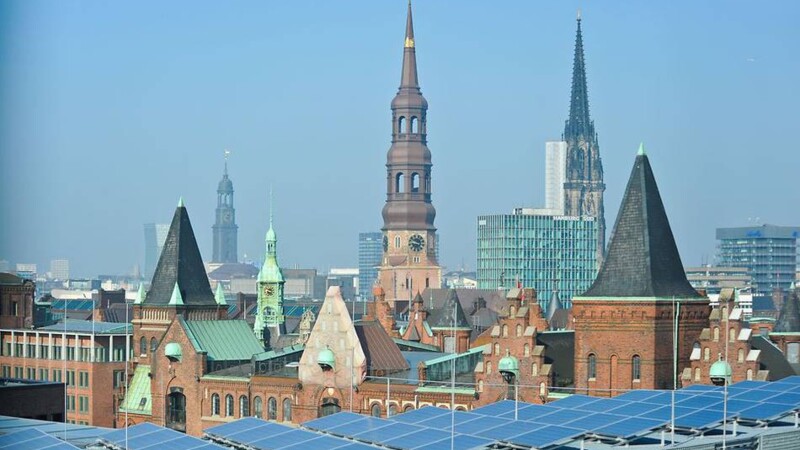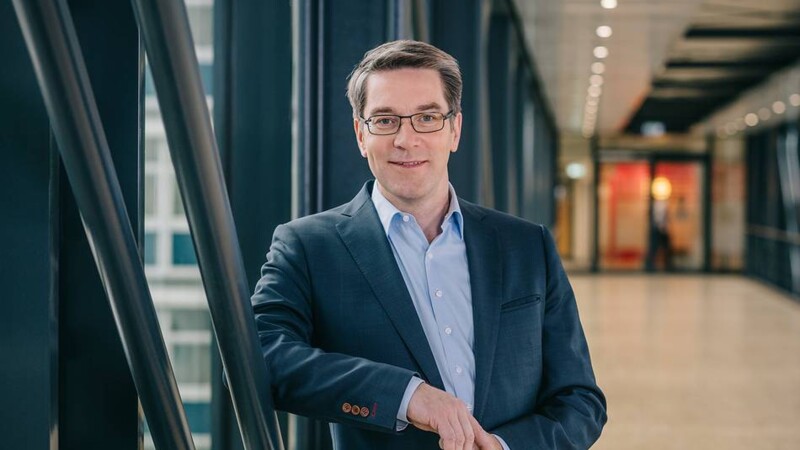Beiersdorf AG and Evonik have agreed on a joint research project to develop sustainable raw materials for care products, using carbon dioxide (CO2) as the starting material, a press release said Tuesday (May 12, 2020). Beiersdorf is now on the lookout for new sources of raw materials to reduce its carbon footprint. Using electricity from solar energy and bacteria, valuable raw materials are produced with water and CO2, drawing on natural photosynthesis as a model. Germany’s Federal Ministry of Education and Research (BMBF) is putting around EUR 1 million towards the joint project.
Beiersdorf to reduce carbon footprint
Dr. May Shana’a, Corporate Senior Vice President, Research and Development at Beiersdorf, said: “The research co-operation fits perfectly with our sustainability agenda, an ambitious programme that we are implementing systematically and across all functions. We are pursuing a vision of becoming climate positive and we want to play a part in closing the carbon cycle. Together with Evonik, we are determining which raw materials can be produced with the aid of artificial photosynthesis and could potentially be suitable for our care products. ”
Research initiative on energy transition
Beiersdorf and Evonik are partners in the BMBF’s P2X II project launched in September 2019 as part of the Kopernikus projects, which is one of the biggest German research initiatives in energy transition. A total of 42 partners are involved in the P2X II project alone. The aim is to develop processes that use renewable energy for the production of high-quality products.
sb/pb
Sources and further information
More
Similar articles

Routes to carbon neutrality and net zero emissions

Otto to become climate neutral by 2030

HHLA to become climate neutral by 2040
